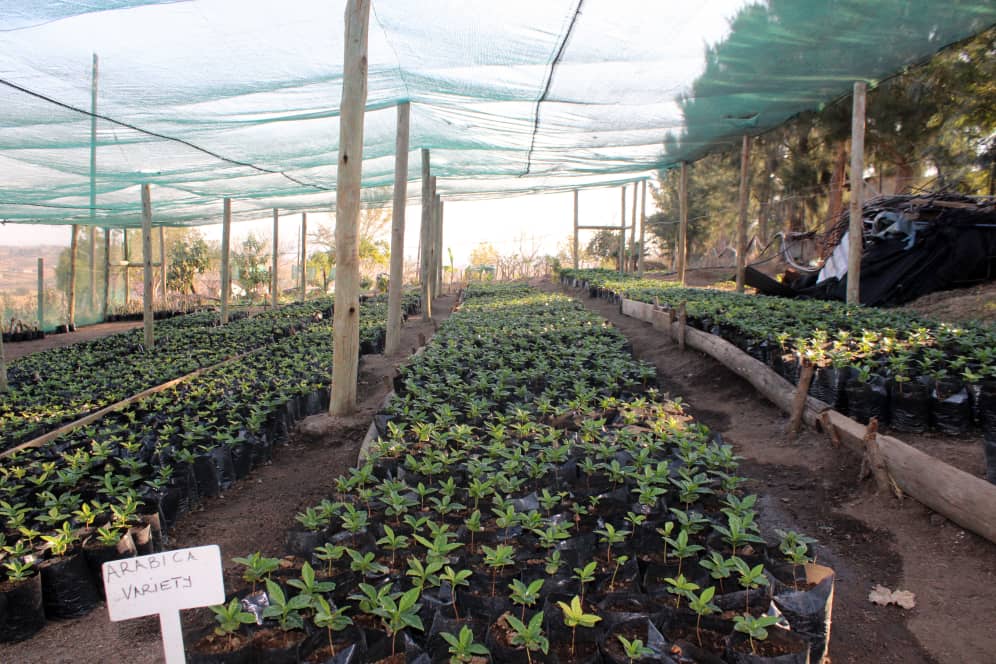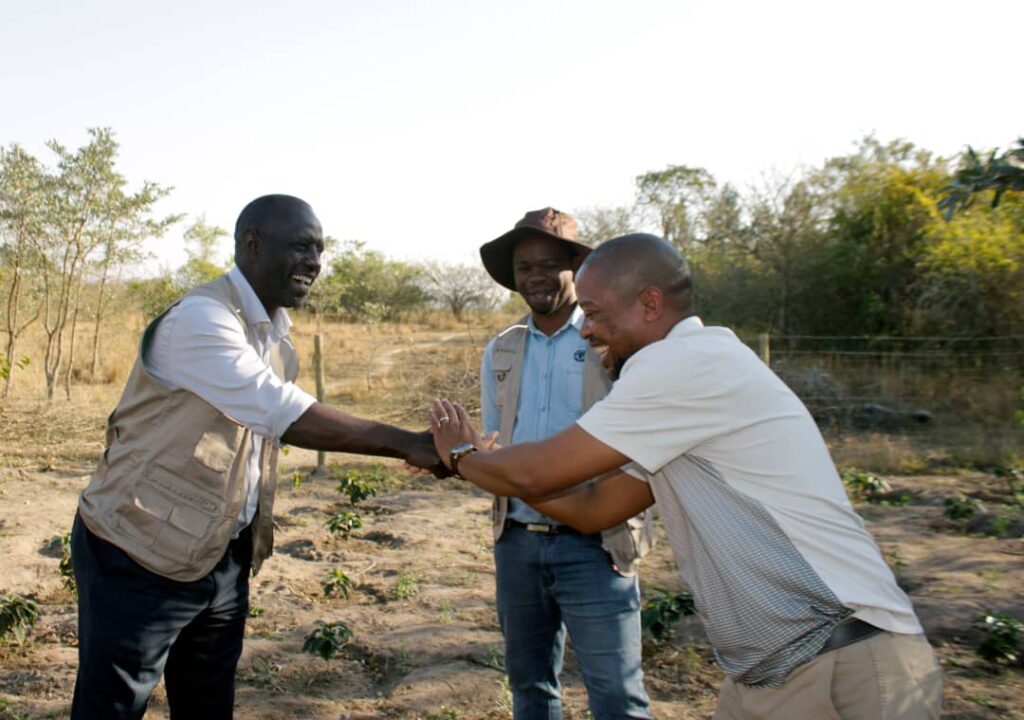
By Nkhosinathi Manyika
The Food and Agriculture Organization (FAO) is actively promoting the Great Green Wall Initiative (GGWI) Action Plan, which addresses critical issues such as desertification, deforestation, and drought resilience
According to a publication made by the FAO on their Food and Agriculture Organization (Africa) website, the Deputy FAO Representative for Eswatini, Zimbabwe, and Lesotho, Louis Muhigirwa, has wrapped up a two-week mission focusing on the promising coffee sector in Eswatini.
His visit included a field exploration of coffee out-grower farms in Sigcaweni aimed at identifying support avenues for smallholder farmers and understanding the myriad challenges they face.
Muhigirwa emphasized FAO’s role in providing policy and technical advice to member countries regarding agriculture, livestock, fisheries, forestry, and nutrition.
He highlighted the necessity of building socio-economic resilience to support smallholder farmers and ensure sustainable livelihoods.
Efforts are also underway to promote community initiatives that encourage diversification, such as planting mangoes, papayas, or baby marrows alongside coffee crops. This not only supports food security but also enhances overall farm resilience.
The publication further outlines that this effort aligns with the FAO’s Strategic Framework 2022-2031. The Framework seeks to promote the transformation of agri-food systems and ensure better production, improved nutrition, enhanced environmental conditions, and improved livelihoods.
According to the publication, Patrick Du Point, a pioneering figure and Chairperson of the Eswatini Coffee Association (ECA), is at the forefront of initiatives to empower coffee smallholder farmers across communities.
Du Point shared insights into the coffee cultivation process, explaining that seedlings require around three months for growth. He also emphasized the importance of identifying anchor farmers within communities to serve as pilot projects for implementing sustainable farming practices.

The publication also highlights that the coffee project began in January 2024 and is already making strides.
A Mathuntjwa family in Sigcaweni manages 15 ha of land, which is earmarked for coffee production,
The smallholder farmers in these communities are facing significant irrigation challenges due to the high costs associated with traditional irrigation methods. To address this, the team is exploring solar-driven irrigation systems to alleviate electricity expenses.
The collaboration between ECA and the University of Eswatini (UNESWA) aims to foster further development in the sector, as the association has established a nursery to assist with the distribution of seedlings, essential for cultivating a robust coffee ecosystem throughout the Lubombo region.
The publication concluded by emphasizing the potential of coffee cultivation not only as a source of income but also as a tool for socio-economic empowerment and environmental sustainability as showcased by the association’s initiatives.